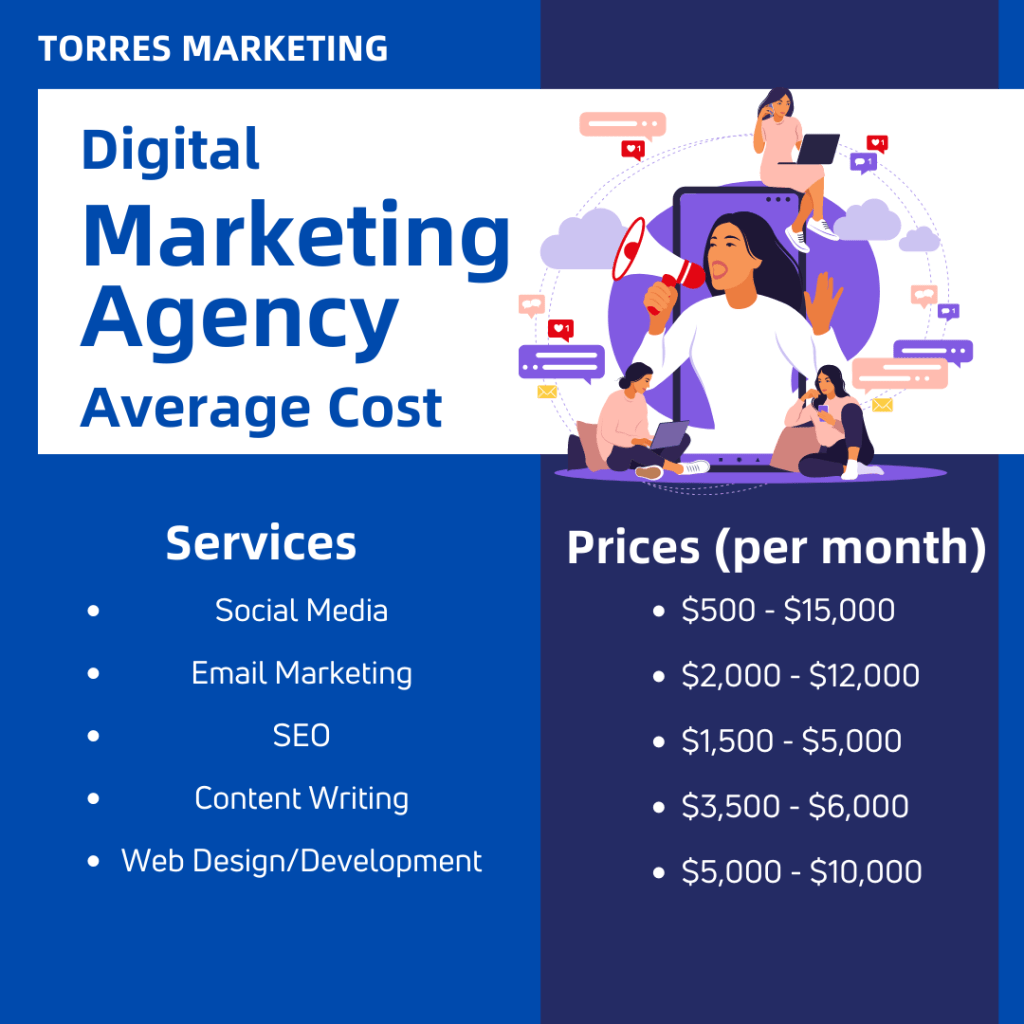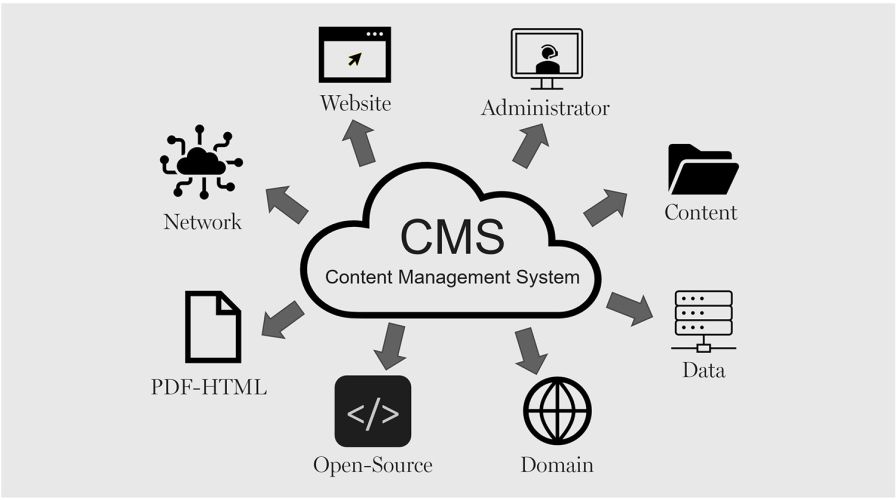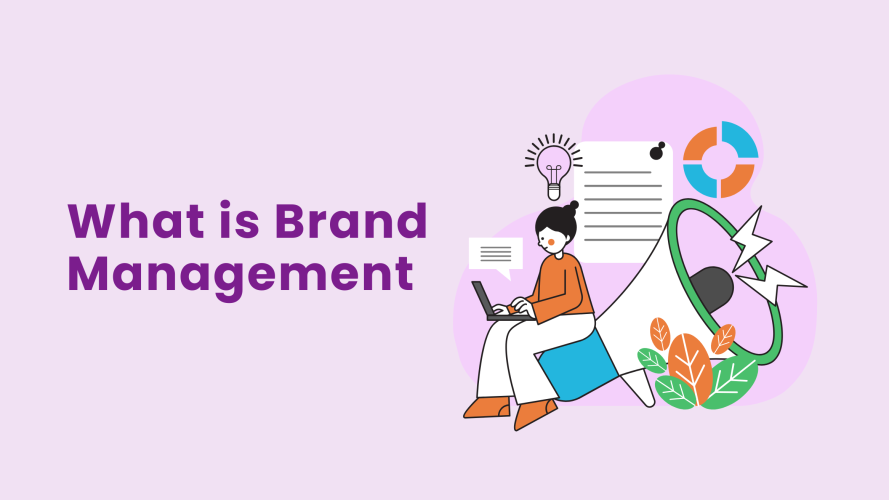
However, like most small business owners, you may be concerned about digital marketing agency costs and how they will impact your already tight budget.
Understanding Digital Marketing Agency Costs
Digital marketing agencies typically offer a range of services, from SEO and content marketing to social media management and paid advertising. Each service requires specialized skills and strategies, impacting the overall cost. Here’s a breakdown of the different pricing structures you might encounter:
1. Hourly Rate
Agencies charging by the hour are ideal for short-term projects or consultative services. Rates can vary depending on the agency’s reputation and expertise but typically range from $75 to $200 per hour. A more experienced agency with a proven track record may charge on the higher end, while newer agencies may offer competitive rates.
- Pros: Flexible and transparent, suitable for small projects.
- Cons: Costs can quickly add up, especially for extensive projects.
2. Monthly Retainer
Many businesses prefer a monthly retainer, which is a flat fee that covers a set range of services. Retainers usually start around $1,000 per month for smaller agencies and can go up to $10,000 or more for larger, full-service agencies. This model provides consistency in your marketing efforts and allows the agency to work on long-term strategies.
- Pros: Ideal for ongoing marketing efforts with consistent support.
- Cons: Commitment to monthly fees, even if certain services are not utilized every month.
3. Project-Based Pricing
Project-based pricing is often used for one-time services, like website redesigns, SEO audits, or brand campaigns. Costs are tailored to the project’s scope and complexity, ranging from a few thousand dollars to tens of thousands for large-scale projects.
- Pros: Defined scope and budget, no long-term commitment.
- Cons: Limited to the specific project; additional services come at an extra cost.
4. Performance-Based Pricing
This model ties the agency’s compensation to the results they achieve, such as a certain number of leads or conversions. It’s an attractive option if you’re focused on ROI, but remember that agencies may charge a premium for this structure due to the risk involved.
- Pros: Aligned incentives, ensuring the agency is motivated to deliver results.
- Cons: Higher costs if goals are met; not all agencies offer this model.
Factors Influencing Digital Marketing Costs
The cost to hire a digital marketing agency isn’t one-size-fits-all. Several factors affect pricing:
1. Agency Expertise and Reputation
Agencies with established reputations, industry awards, or proven track records generally charge higher fees. While a reputable agency may cost more, their expertise often translates to higher-quality work, faster results, and greater ROI.
2. Scope of Services
Your marketing needs greatly influence costs. A full-service digital marketing strategy covering SEO, PPC, social media, and content marketing will cost more than a focused campaign, such as social media management alone.
3. Campaign Goals and Complexity
More complex goals, like large-scale lead generation or multichannel campaigns, require sophisticated strategies and tools, impacting the overall cost. A campaign aimed at brand awareness might be less expensive than one focused on driving conversions or product sales.
4. Location of the Agency
Agencies in major cities or tech hubs often charge higher rates than those in smaller areas. Additionally, international agencies may offer competitive rates compared to those in North America or Europe, but it’s essential to balance cost with the quality and expertise of the agency.
Benefits of Hiring a Digital Marketing Agency
Although hiring a digital marketing agency requires an investment, the advantages often justify the cost, particularly when the agency is aligned with your goals and brand. Here are some of the benefits you can expect:
1. Access to Expertise Across Multiple Channels
A digital marketing agency brings expertise across various channels, including SEO, content, social media, and paid advertising. This comprehensive approach ensures your brand remains consistent across platforms and effectively reaches your target audience.
2. Scalability and Flexibility
Unlike an in-house team, agencies can scale their services according to your needs, allowing you to focus on growing your business. As your business grows, your marketing efforts can scale with minimal disruptions.
3. Increased Efficiency
An agency’s experience with tools, processes, and analytics enables it to run campaigns more efficiently than an in-house team that may lack specialized skills. This efficiency often translates to a faster return on investment.
4. Better Focus on Core Business Functions
Partnering with a digital marketing agency lets your team focus on core business activities, such as product development and customer service, while experts handle your marketing strategy.
Conclusion
The cost of hiring a digital marketing agency can vary significantly based on services, expertise, and goals. By selecting the right agency and defining clear objectives, you can make a strategic investment that drives measurable results.




